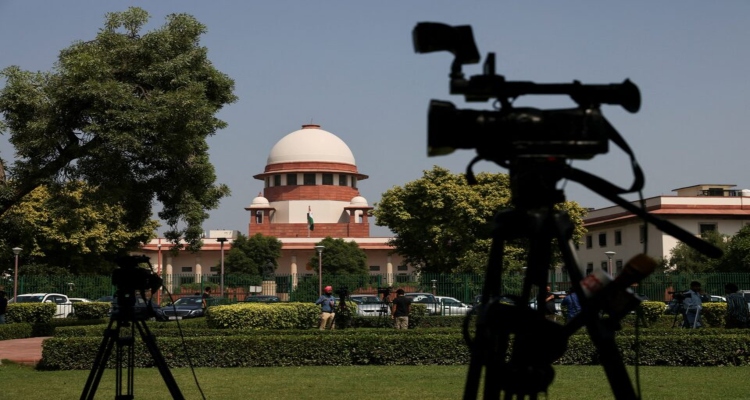
The Supreme Court has overturned an order of the Allahabad High Court that had directed the Director of the Narcotics Control Bureau (NCB) to compensate an individual ₹5 lakh for alleged wrongful confinement.
Bench comprising Justices Sanjay Karol and Manmohan held that the High Court’s decision lacked statutory backing and constituted an overextension of judicial authority.
Case Insights
The case stemmed from a joint operation by the NCB, which led to the seizure of 1,280 grams of brown powder—suspected to be heroin—from the possession of Man Singh Verma and Aman Singh. Consequently, Verma was charged under Sections 8(C), 21, and 29 of the Narcotic Drugs and Psychotropic Substances (NDPS) Act, 1985, and was remanded to judicial custody.
While awaiting forensic analysis, Verma’s bail application was denied by the Special Judge, NDPS, in Barabanki district. However, on January 30, 2023, laboratory results revealed the absence of heroin or any other narcotic substances in the seized material. The sample was subsequently referred to the Central Forensic Science Laboratory (CFSL) in Chandigarh, which corroborated these findings on April 5, 2023.
Following these results, the NCB submitted a closure report, leading to Verma’s release. Nevertheless, despite the resolution of the case, the High Court proceeded to adjudicate his pending bail application, determining that he had been wrongfully confined for four months and ordering the NCB to pay compensation.
The Supreme Court condemned this judicial intervention, emphasizing, “The persistent tendency of courts to exceed their jurisdiction has been widely disapproved. Given that the respondent had already been released following the closure report, the High Court ought to have dismissed the bail application as infructuous instead of engaging in an unwarranted discussion on wrongful confinement.”
The apex court further underscored that while unlawful deprivation of liberty is a grave constitutional violation, redress must be pursued through legally sanctioned remedies. The High Court’s directive was deemed procedurally flawed and inconsistent with established legal principles.
Read More: Supreme Court, Delhi High Court, States High Court, International




